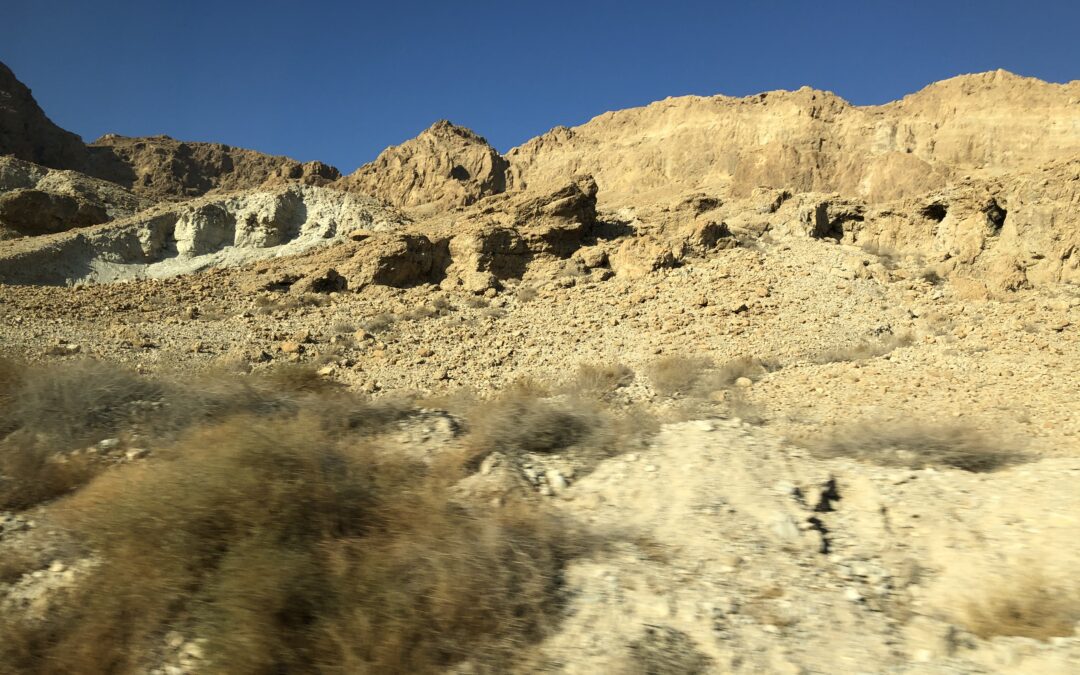As a rabbi and a Jew, the last thing I want to think about a week after Passover has ended–when I still haven’t finished putting away all the stuff–is Yom Kippur, but here we are, reading all about the ceremony that Aaron, the High Priest, would perform in order to cleanse the people of their sins. Parashat Achare Mot, which is being read this Shabbat in traditional synagogues outside of the land of Israel, outlines the pageantry and awe of the Avodah Service, which is reenacted on Yom Kippur.
But it’s not all about what the high priest would do on the people’s behalf, all of the people were required to participate through initem et nafshoteichem, afflicting your souls. This was understood by our Sages of Blessed memory to mean fasting, and then abstaining from certain other activities was included. How does refraining from eating and drinking considered to be “afflicting one’s soul”? Well, the word for “soul,” nefesh, can also be translated as “neck,” and the idea that was nothing went “below/through one’s neck” for the 25 hours of the Day of Atonement.
In his d’var Torah this week for the Academy for Jewish Religion, my friend and colleague Rabbi David Markus spoke about how the words, “afflict your souls” drove him from Judaism as a teen, and how many years later, they took on new meaning with a new understanding.
The root of the word initem is ayin-nun-heh, which can also spell “answer.” Rabbi Markus isn’t suggesting that we not fast on Yom Kippur, but that we consider how we “answer our souls.” How do we respond to our soul’s desires or troubles? What is my soul yearning for? On Yom Kippur we engage in the process of teshuva, of turning back, or repenting for past sins. We commit to learning from the past to do better in the future. We prepare for Yom Kippur with heshbon ha nefesh, “an accounting of the soul,” to prepare ourselves emotionally for the day.
We prepare for Passover by ridding our homes (cars, offices) of chametz, leavened foods. While not designed to be “spring cleaning,” removing the chametz reminds us that there are times when we can use this both literally and metaphorically for removing the heavy, fermented, leavened things in our lives that weigh us down.
As we return the Passover dishes to their places and bring back the year-round items, I pray that we can be mindful of what we’re bringing back into our lives, and what can be let go. May we answer our soul’s calling. Shabbat Shalom.











0 Comments